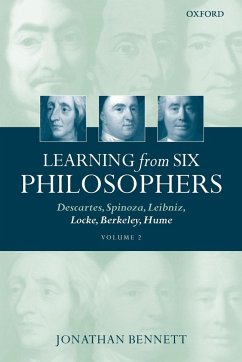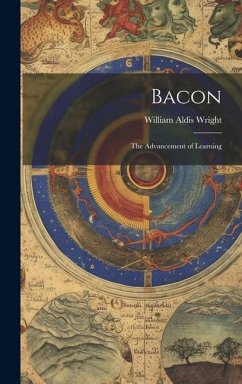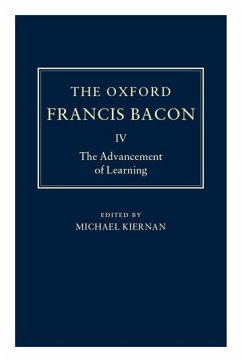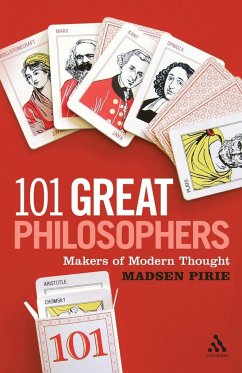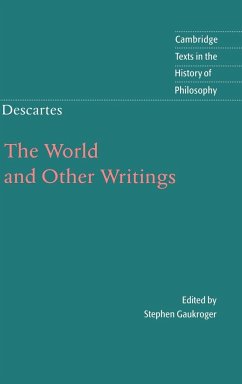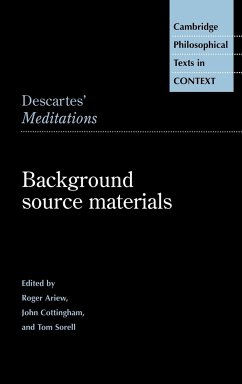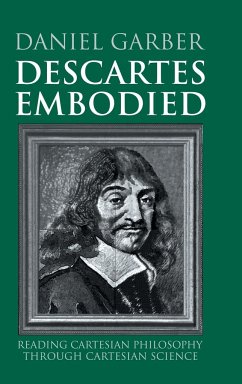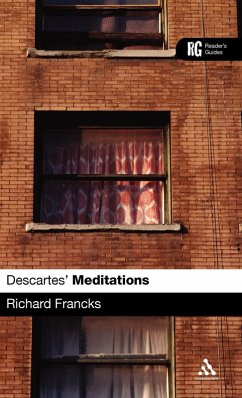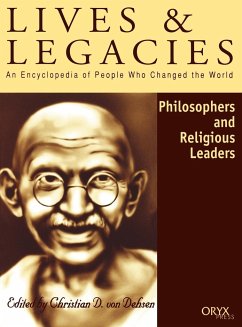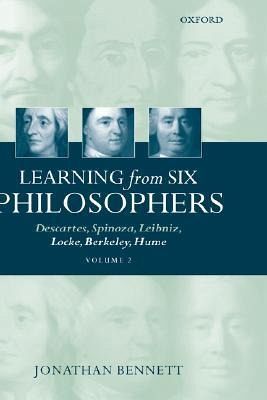
Learning from Six Philosophers
Descartes, Spinoza, Leibniz, Locke, Berkeley, Hume Volume 2

PAYBACK Punkte
82 °P sammeln!
This illuminating work explores six great thinkers of the early modern period: Descartes, Spinoza, Leibniz, Locke, Berkeley, and Hume. While not neglecting the historical setting of each, its focus is on the words they wrote. As in all of Bennett's works, it addresses philosophy as philosophy, not as museum exhibit, and it offers a close and demanding attention to textual details. For newcomers to the early modern scene, this clearly written work is an excellent introduction, and for those already in the know, it provides tools to argue with the great philosophers of the past, treating them as...
This illuminating work explores six great thinkers of the early modern period: Descartes, Spinoza, Leibniz, Locke, Berkeley, and Hume. While not neglecting the historical setting of each, its focus is on the words they wrote. As in all of Bennett's works, it addresses philosophy as philosophy, not as museum exhibit, and it offers a close and demanding attention to textual details. For newcomers to the early modern scene, this clearly written work is an excellent introduction, and for those already in the know, it provides tools to argue with the great philosophers of the past, treating them as colleagues, antagonists, students, and teachers.





